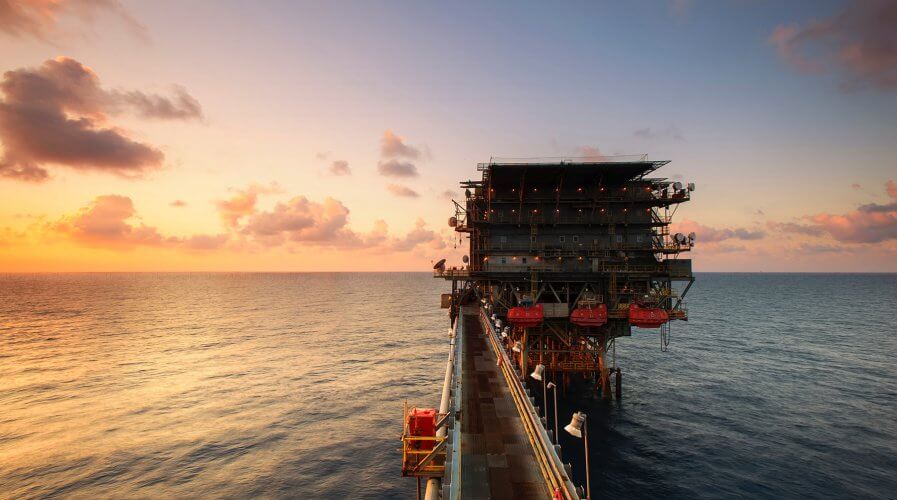
Machine learning can help speed up processes that takes years to do to just a day. Source: Pexels
Reducing years of work to a day: Machine learning in oil and gas
THE oil and gas industry has traditionally been slower in adopting new technologies compared to manufacturing and retail. As manual processes in other industries gradually get automated with the help of technology, the same can be applied to scientific industries.
Machine intelligence technology can shave off years wasted in data processing, to allow engineers and scientists working on geological fields to focus their efforts on the analysis. The reason for the lack of innovation in this space is because scientific industries like oil and gas are very dependent on domain expertise.
Many machine learning companies in the US and Europe are building general solutions. The responsibility falls on the company to figure out how to incorporate that API to optimize their workflow.
“Especially in more scientific domains like medicine and oil and gas, domain expertise is very important to solve real and interesting problems. Without domain expertise, you don’t know how to frame the problem, the different data sources available and how you use each of them to achieve different parts of the workflow,” said Amanda Sivaraj, Co-Founder and Chief Operating Officer, Cenozai.
Cenozai is a Malaysian machine intelligence startup, specializing in the domain of oil and gas. Combining their knowledge in oil and gas, with machine learning technology, they’ve developed data mining and contextual search tools tailored to the needs of the industry. The tools help extract and process larger volumes of data at a shorter time, to provide more accurate insights.
Current systems for identifying a drilling location takes at least half a year, and it’s the most expensive and time-consuming phase.
Cenozai’s internal data estimates geoscientist and engineers spend up to up to 40 percent of their time looking for information instead of analysis.
Beyond that, the numerous variables and dimensions of datasets available means that data must be stripped off to manageable segments, limited to what a human scientist or engineer is able to process.
This means a lot of data remains unused, and resulting analysis is a rough estimation. For oil companies, lack of accuracy means you could miss small potential sites that could be worth millions.
Extracting from raw datasets such as seismic waveforms and well logs, Cenozai’s system identifies rock type and properties of rock, to create a 3D, high-resolution model of the subsurface field, significantly limiting data loss and thus reducing error margins.
Beyond just aiding future oil exploration projects, Cenozai’s system also helps streamline existing workflows. The company has developed contextual search capabilities, where the algorithm is trained to understand concepts, language, and context, including definitions and synonyms.
This help sieves through millions of documents, extract relevant data, and create consolidated reports of relevant data sets.
For context, a typical major oil and gas company have around 150 oil fields in a country, each generating hundreds of thousands of documents. That’s easily 50 million documents available, but human processes only allow engineers and scientists to look at a very small subset of that huge repository of information.
With machine intelligence, procedural tasks that are estimated to take 16 man-years, is shortened to a day. Even when factoring in designing, training, and executing the system, the total process takes less than a month.
Cenozai currently operates in Malaysia and Indonesia, with plans to expand into Thailand as well. Partnering with Boston-based Cambrio and Paris-based Fraimwork, they develop systems that could be translated to applications for geo-scientific and medical research.
READ MORE
- The criticality of endpoint management in cybersecurity and operations
- Ethical AI: The renewed importance of safeguarding data and customer privacy in Generative AI applications
- How Japan balances AI-driven opportunities with cybersecurity needs
- Deploying SASE: Benchmarking your approach
- Insurance everywhere all at once: the digital transformation of the APAC insurance industry


